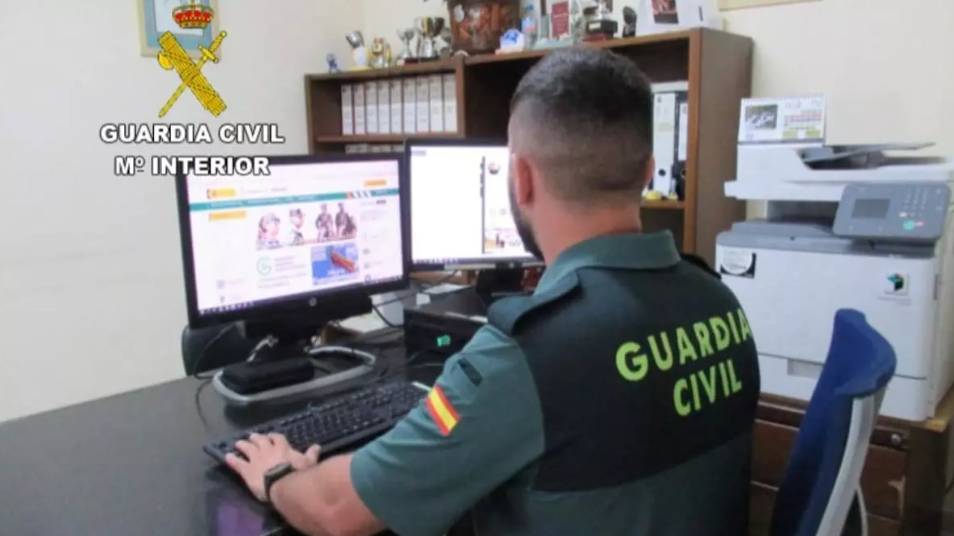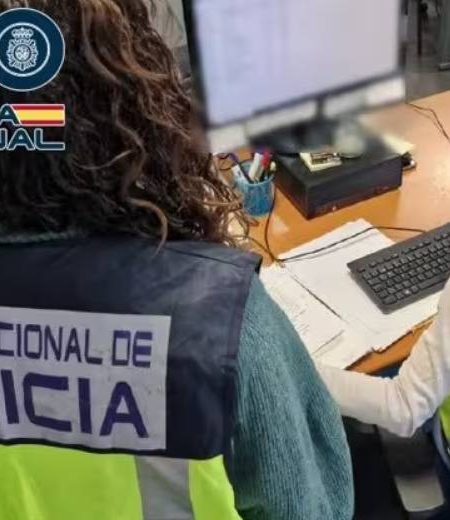The Guardia Civil at the Sanxenxo Main Post has investigated three men, aged 31, 25, and 24, from the province of Alicante, for an alleged €10,218 fraud in Galician establishments, where they made fraudulent charges with bank cards whose details they obtained by deceiving the cardholders. The three suspects who appeared at the Dolores and Almoradí barracks to answer for the fraud were caught living a luxury lifestyle with the stolen money, travelling to Thailand and the United Arab Emirates.
The operation, known as “TAKO-SAN25,” began in September after two complaints were filed about unauthorised charges at several places in the Galician municipality of Sanxenxo. One of the victims resides in Burela (Lugo), the other in Icod de Los Vinos (Santa Cruz de Tenerife).
The accused in this criminal group used the electronic fraud tactic known as “smishing,” which entails sending SMS messages or messages on messaging apps posing as legitimate entities in order to defraud victims. The letter generally contains a link that, when clicked, takes the victim to a false page that looks like the original and asks for personal or financial information.
Once they had the victims’ bank card information, they linked it to mobile devices and used it solely for payments. They went to sports betting venues that accept card payments and made cash withdrawals, making it impossible for law authorities to follow them.
Suspects were identified
The Guardia Civil were able to identify the individuals and discovered they were living considerably above their apparent means. They lived a luxury lifestyle, travelling to Thailand and the United Arab Emirates, and they had a number of prior convictions for similar offences, which helped to focus the inquiry and corroborate suspicions about their role in the incident.
In April, a suspect was arrested at the Dolores Main Post for fraud, while two more men were arrested at the Almoradí barracks in late May.
The Guardia Civil warns residents not to click on strange links, not to transmit personal or banking information through these channels, and to always check the sender’s validity. It also highlights the importance of public collaboration in preventing such crimes.









No Comment! Be the first one.